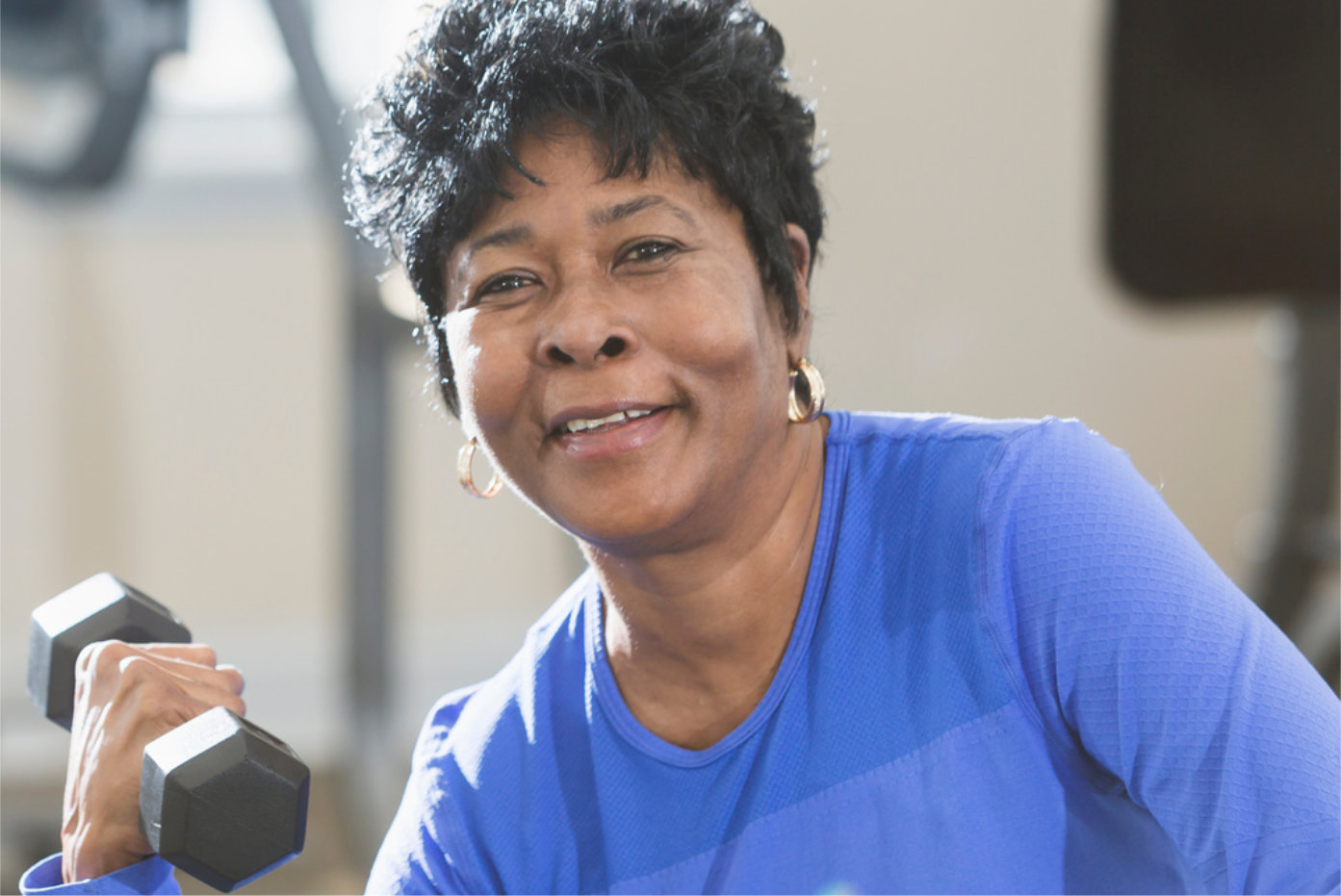Exercise, Memory and Mood

| I have always believed that exercise is the key not only to physical health but to peace of mind. Nelson Rolihlahla Mandela |
Do you exercise to improve your physical health? Or to fit into your favourite pair of jeans? Or, perhaps, you don’t exercise because you don’t see a need?
If you are not exercising, or even if you are exercising, and need a little more to inspire you to exercise….Exercise helps your brain to stay healthy.

Exercise improves plasticity in the hippocampus of your brain.
Can exercise improve your memory?
Yes, exercise can improve your memory. This is true if you are a child, or an adult, of any age.
One of the most practical ways to keep your brain healthy and improve your memory is to exercise. Exercise plays a role in memory formation. In animal studies, learning and memory improved with physical exercise. There are now even studies on the ideal time to exercise, in order to remember better. (This may complicate a very practical way to help your memory though. Would you use it as an excuse not to exercise when you have time?)
Do you feel constantly stressed and fatigued?
Do you want to transform your life?
Why is exercise important?
Exercise can prevent, or reduce, the risk of diseases such as depression, anxiety, stroke and dementia such as Alzheimer’s disease. Exercise helps you to feel calmer and cope better with stress. It is a a helpful addition to stress management strategies such as mindfulness, and can potentially make these more effective.
How does exercise help your memory and mood?
Exercise improves plasticity in the hippocampus of your brain. Plasticity is the ability of the brain to grow and adapt as needed. Genes that control plasticity can be switched on or off. Exercise switches this gene on, resulting in an increase in a substance, called brain-derived neurotrophic factor. This factor then promotes plasticity in the memory and mood part of the brain, the hippocampus. This helps you to remember better and to feel better.
It is incredible that you can influence what you inherit, that you can influence how your genes function by simply exercising, isn’t it? You have some control, despite what you inherit. Even if you have genetic risk factors, exercise helps you to reduce this risk.
Exercise also decreases the levels of harmful chemicals in your brain thus protecting your memory. These chemical are high in a number of illnesses, including Alzheimer’s disease. It has been shown to help people with depression. This is not an alternative to medication, but can be used with medication, or when medication is not necessary. If you exercise, you will improve your mood and reduce your levels of anxiety.
It is incredible that you can influence what you inherit, that you can influence how your genes function by simply exercising .

When is the ideal time to exercise?
When you have time.
How much exercise do you need?
You need to exercise for about two and a half hours a week. How much you exercise depends on the time you have available. If you have ten minutes, exercise for ten minutes.
What can you do?
Dance.
Seriously though, do what you want to do, and what you enjoy doing. Go for a walk, join a gym, or go dancing.
If you can, take a friend whom you enjoy spending time with. Spending time with people you love, helps your memory and mood as well.
Are you inspired to exercise?
When will you start walking or dancing or hiking?
Lifestyle factors can improve memory
Don’t forget that adequate sleep, & stimulating your brain, can improve your memory. As important, a poor diet and smoking, can harm your memory.
Remember
You can help your brain to stay younger.
You can modify your genes.
You can improve your memory.
Live better. Exercise more.
Kirti Ranchod
For more on neuroscience-based practical tools for mental wellbeing and brain health sign up for one of our courses.
TOOLS TO EMPOWER YOU

BRAIN HEALTH SOLUTIONS

RECENT POSTS
Making Mindfulness Work for You
On mindfulness and traditional forms of mindfulness Our lives can either be an expression of joy or an expression of discontent; it depends on the content of the mind. Swami Satyananda Saraswati Meditation, mindfulness or relaxation techniques can have a an incredible...
Food, Mood and Memory
Understanding the impact of sugar and fat Knowledge is of no value unless it is put into practice. Anton Chekov We are all aware that what we eat has changed over the years. Foods that we used to eat as treats or when we were celebrating, have now become part of our...
Understanding Brain Health
Transforming neuroscience into practical and effective tools to support brain health Individual health is linked to our communities, societies and environment. This is not a new vision of health but is a vision shared for centuries by many traditional indigenous...
Modern Art at the Border of Mind and Brain by Jonathon Fineberg
Memorability’s Book Club These projects are simply so beautiful that we find out emotions somehow more accessible and we suspend our disbelief. That, in turn, makes us look at the most ordinary things around us as if we were seeing them for the first time. Fineberg...
BRAIN HEALTH COURSES


0 Comments